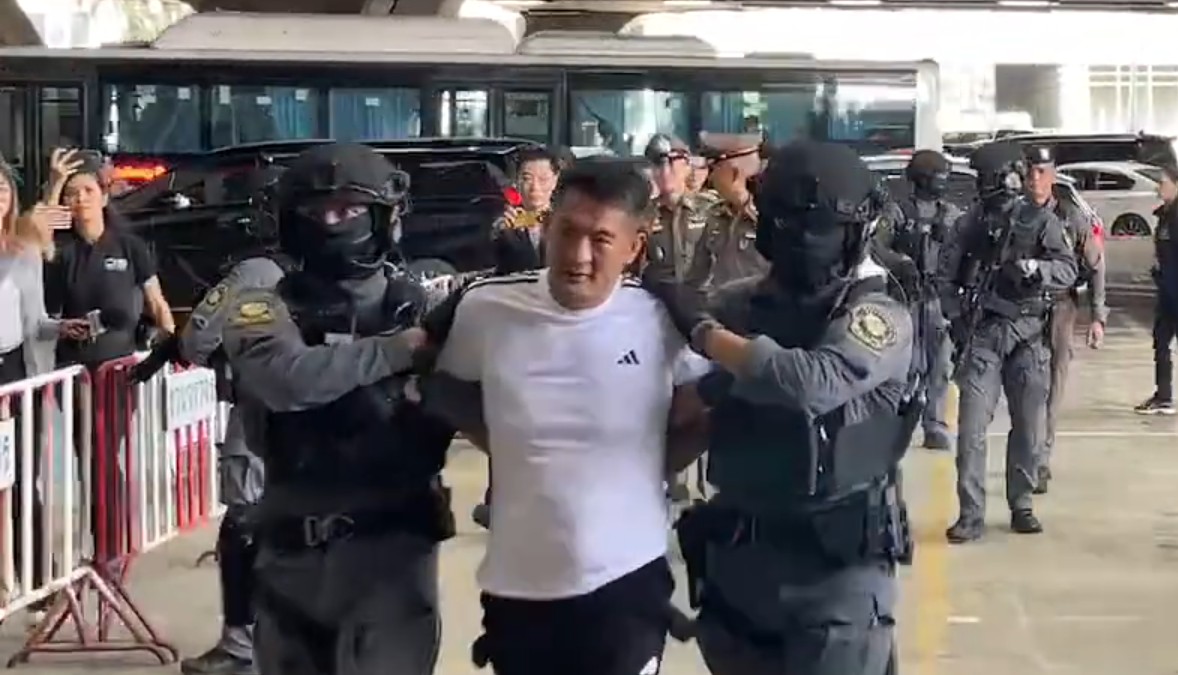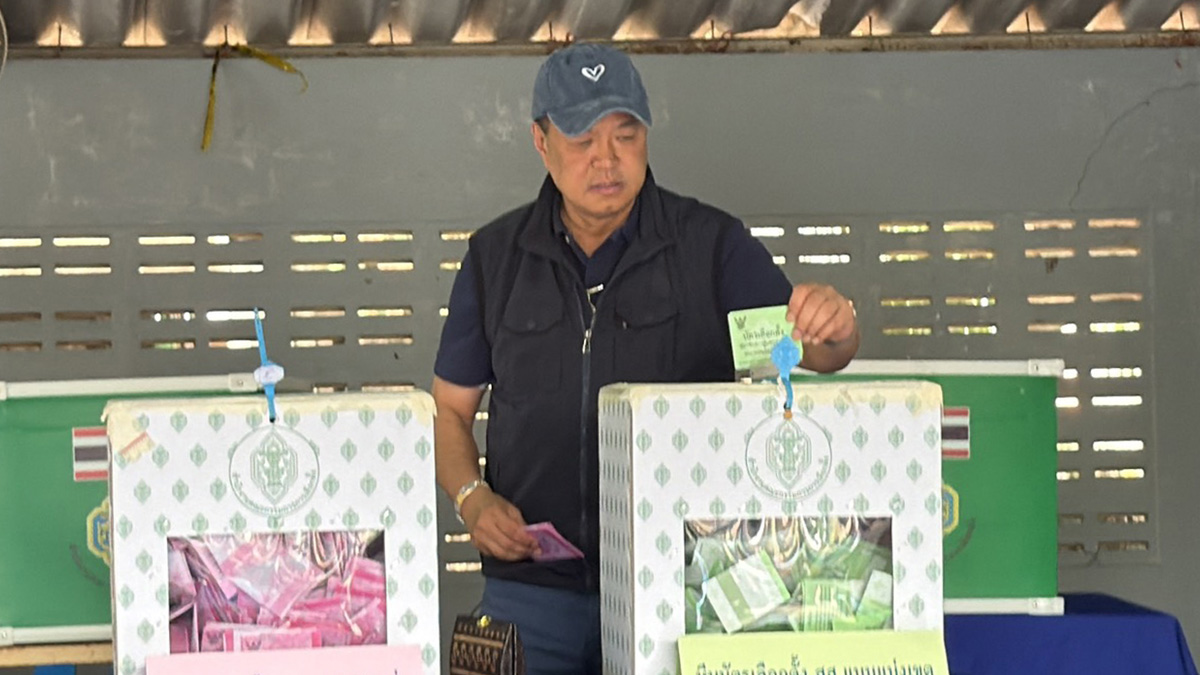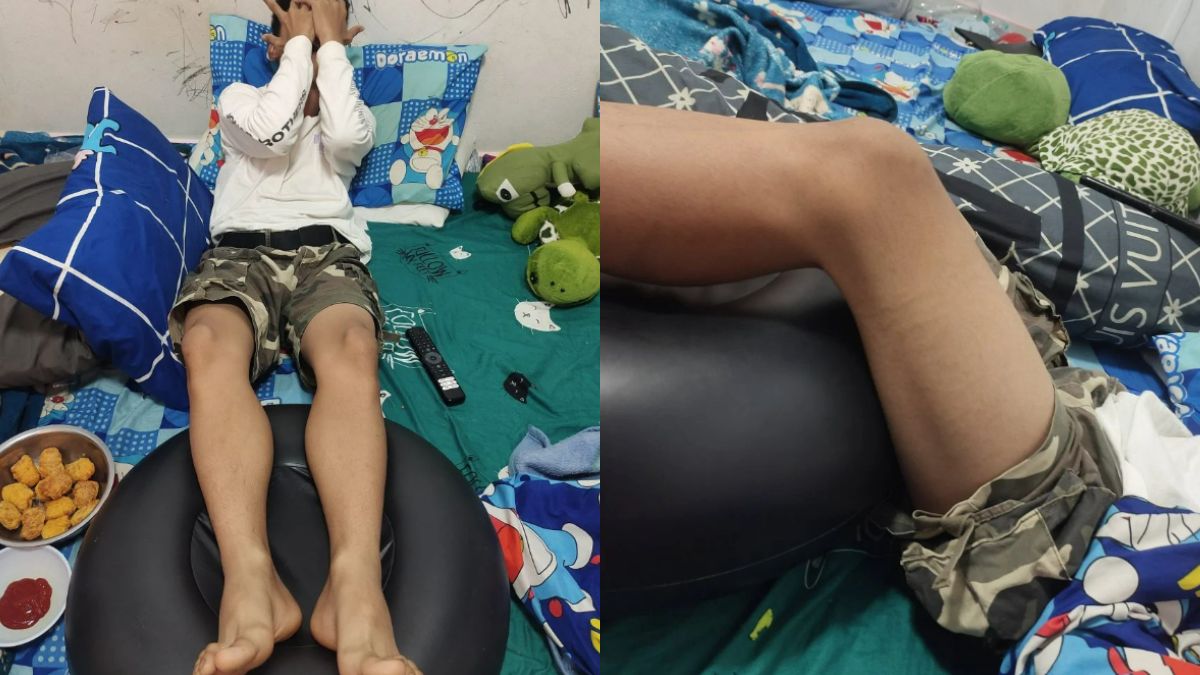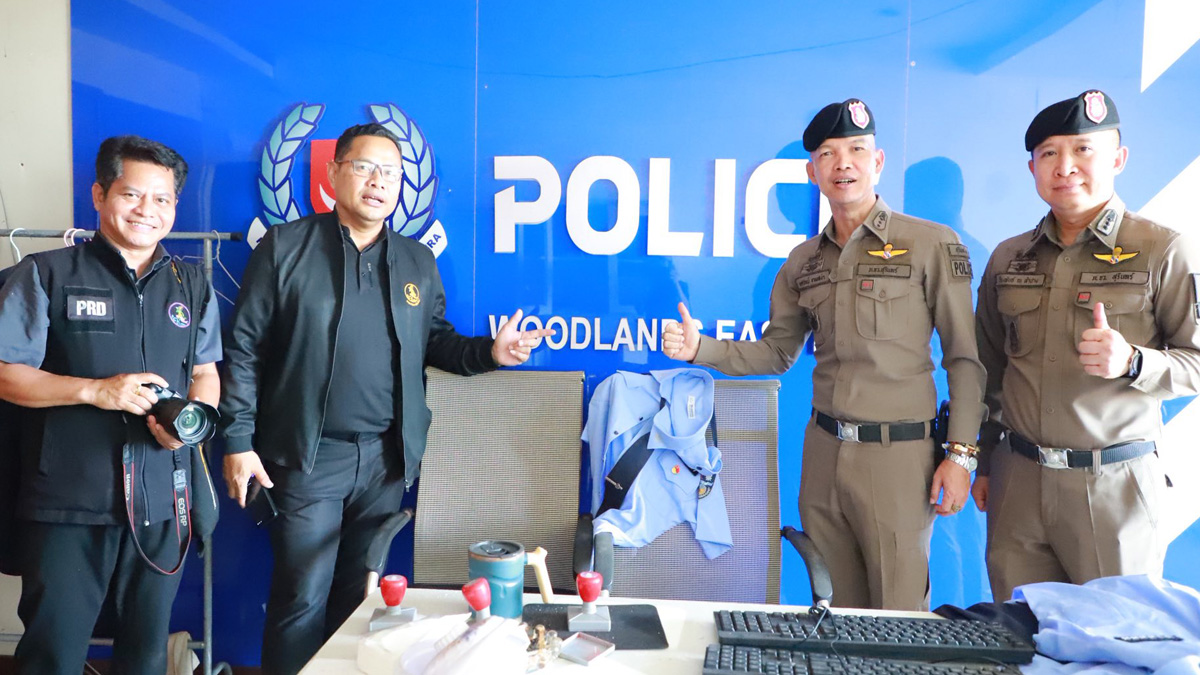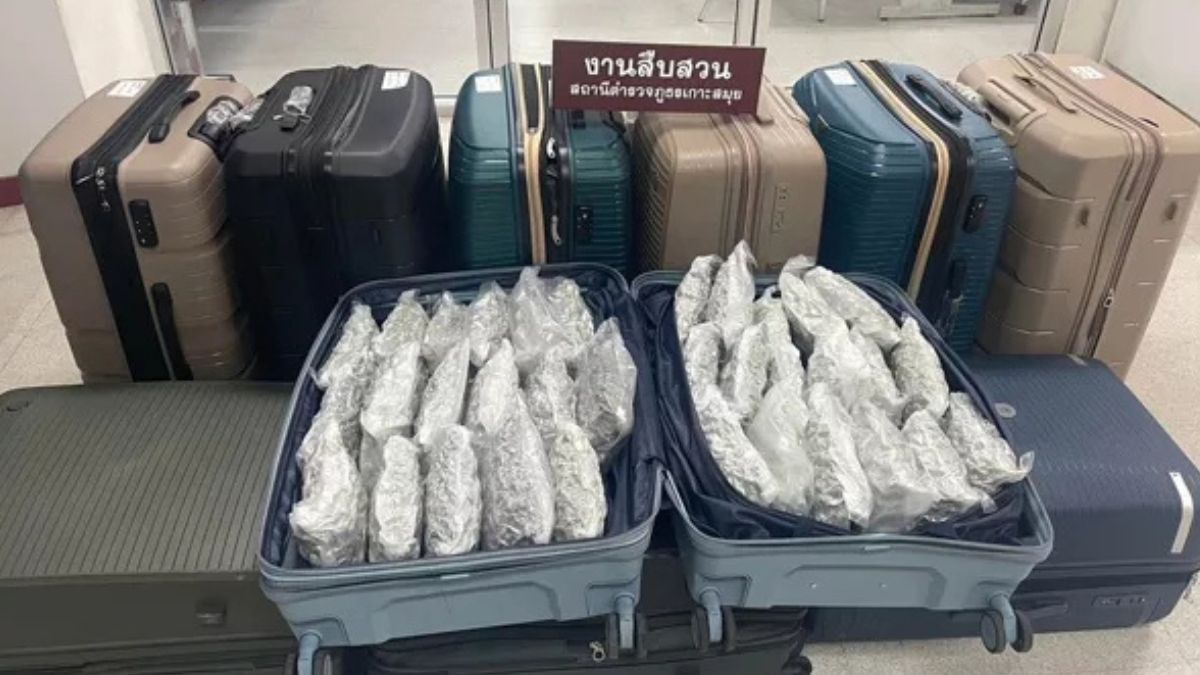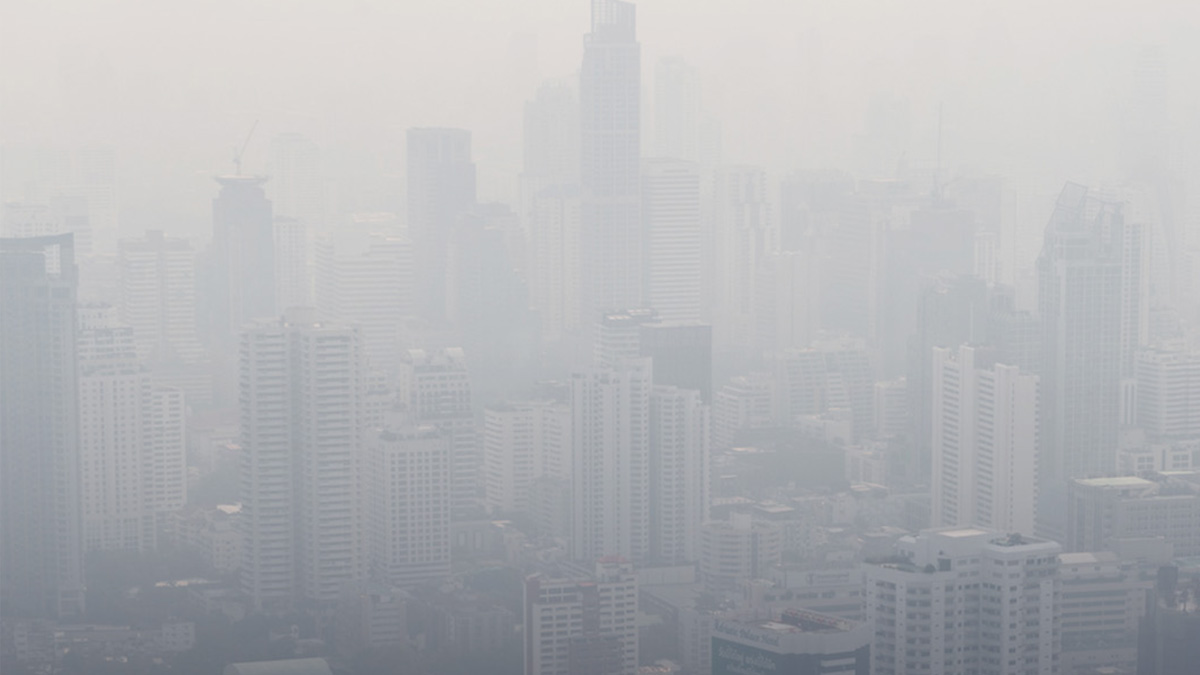Thai court upholds extradition of Chinese gambling tycoon She Zhijiang to China
Thailand’s Court of Appeal has upheld the extradition of Chinese-Cambodian businessman She Zhijiang to China to face charges of running illegal casinos and gambling websites worth more than 12.63 trillion baht, marking a significant step in Thai–Chinese law enforcement cooperation.

- The Thai Court of Appeal has upheld an extradition order against Chinese-Cambodian businessman She Zhijiang to face trial in China for illegal gambling operations.
- She’s legal team argued the order was unconstitutional, but the Constitutional Court confirmed its validity in October 2025.
- The extradition highlights growing Thai–Chinese cooperation in tackling cross-border crime linked to online gambling and regional trafficking networks.
BANGKOK: On 10 November 2025, Thailand’s Court of Appeal has upheld an extradition order against Chinese-Cambodian businessman She Zhijiang, rejecting his final bid to block transfer to China, where he faces charges of running illegal casinos and vast online gambling networks.
The ruling, confirmed on 6 November and made public on 10 November, concludes a lengthy legal battle that began after She’s arrest in Bangkok in August 2022.
Thai prosecutors said the extradition proceeds under the Treaty between the Kingdom of Thailand and the People’s Republic of China on Extradition (1993).
According to the Office of the Attorney General (OAG), She allegedly oversaw 239 gambling websites with circulating capital of more than 12.63 trillion baht (approximately S$508 billion), and operated two casinos in Myanmar’s Shwe Kokko Special Economic Zone.
She’s claims of espionage and fear of reprisal
In an exclusive interview with Al Jazeera’s 101 East programme, conducted from Bangkok Remand Prison before the appeal ruling, She claimed that he had served as a Chinese spy and would be killed if extradited.
He alleged that he was recruited by Chinese intelligence agencies and carried out operations for Beijing before falling out of favour.
In a 2024 Al Jazeera documentary, She described his alleged espionage activities as the reason for his persecution, asserting that his case was politically motivated.
Legal experts familiar with the proceedings believed that She’s assertions were viewed as part of his legal strategy to resist extradition by invoking fears of political retaliation.
Despite these claims, the Thai Constitutional Court ruled in October 2025 that Sections 19 and 21 of the Extradition Act B.E. 2551 (2008) were constitutional, clearing the way for the Court of Appeal to affirm the lower court’s order for She’s deportation.
Background of the case
She, 43, was detained in 2022 under an Interpol red notice requested by China.
The OAG said he was wanted for “operating illegal casinos” in violation of the Chinese Criminal Code.
In May 2024, the Criminal Court ordered his extradition, which She’s lawyers appealed. The Court of Appeal has now upheld that ruling, giving Thai authorities 90 days to coordinate his transfer to China.
She remains held at Bangkok Remand Prison. His lawyer, Sanya Eadjongdee, said they are exploring “every available legal option” but acknowledged that the Court of Appeal’s verdict makes the order final.
The Shwe Kokko connection
At the time of his arrest, She controlled a sprawling US$15 billion (S$19.5 billion) entertainment and gambling project in Shwe Kokko, Myanmar, near the Thai border.
The development, known as Asia Pacific New City, has been linked to illicit online gambling, human trafficking, and cyber scams.
In September 2024, the United States Treasury Department sanctioned nine individuals and entities connected to Shwe Kokko, citing their roles in regional trafficking and scam operations.
The United Nations has reported that border zones between Thailand, Myanmar, Laos, and Cambodia have become centres for forced labour and online fraud since the Covid-19 pandemic, with billions of dollars in illicit proceeds.
Thai–Chinese cooperation in law enforcement
In a statement, the OAG said the extradition demonstrates the “effective cooperation among Thai and Chinese law enforcement authorities” in tackling cross-border crime.
The agency also thanked the Ministry of Foreign Affairs, the Royal Thai Police, the Department of Corrections, and the Chinese Embassy in Thailand for their assistance.
While She maintains that he is a victim of political persecution, Thai authorities emphasised that the case was handled strictly under domestic law and international treaty obligations.


